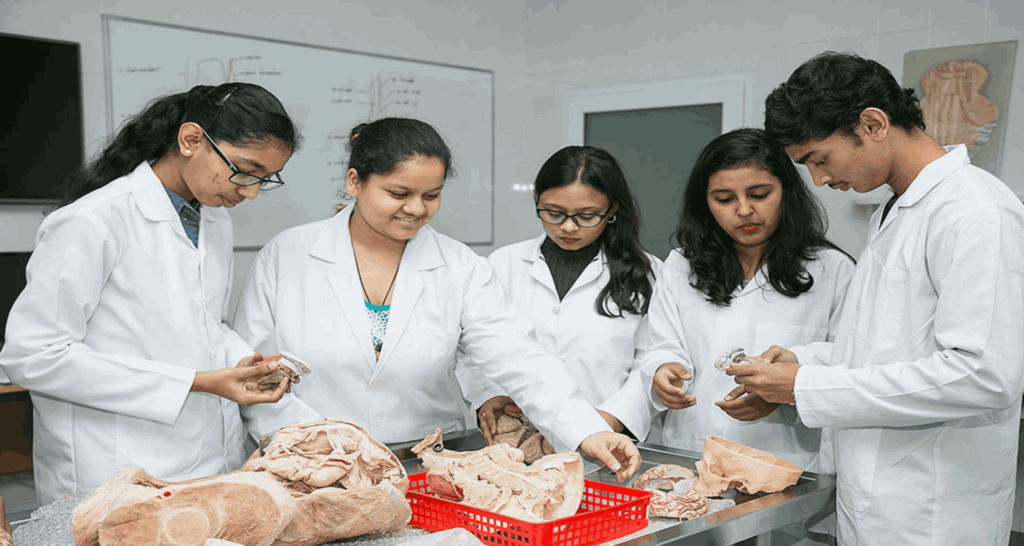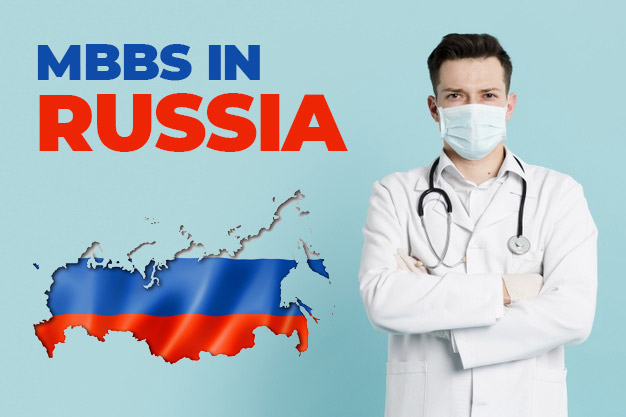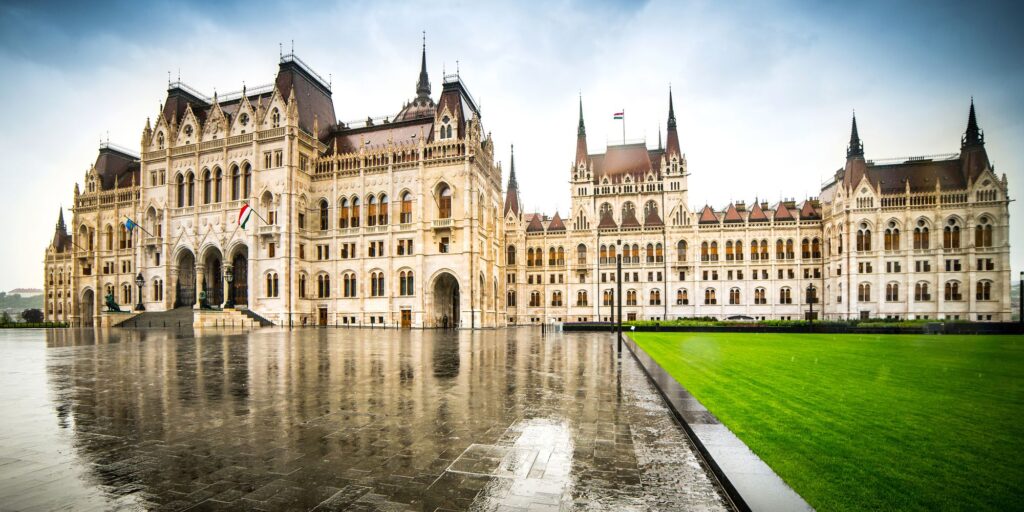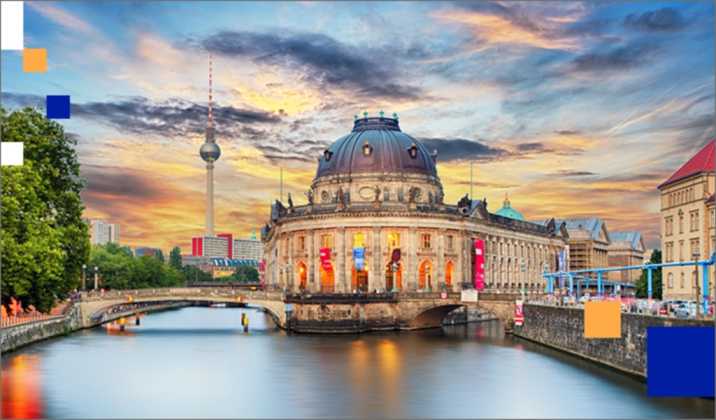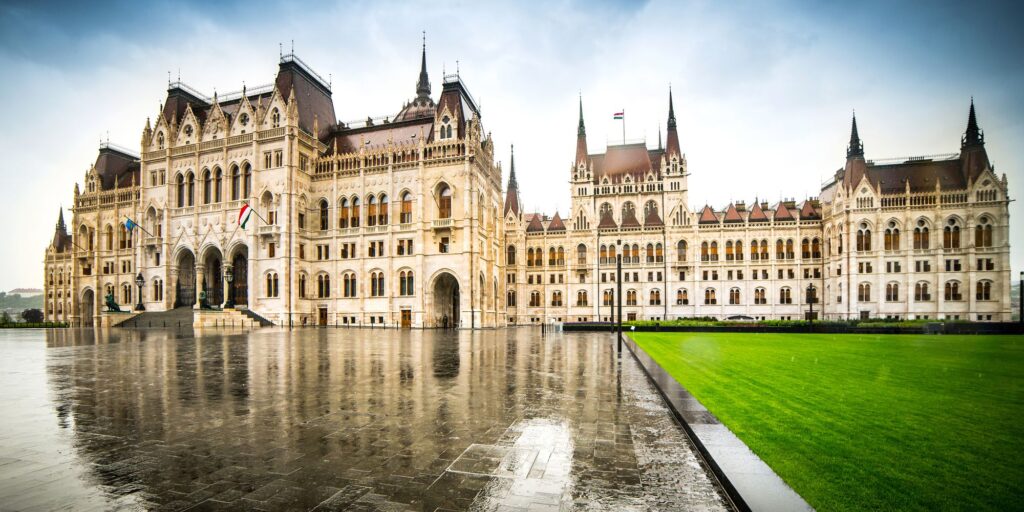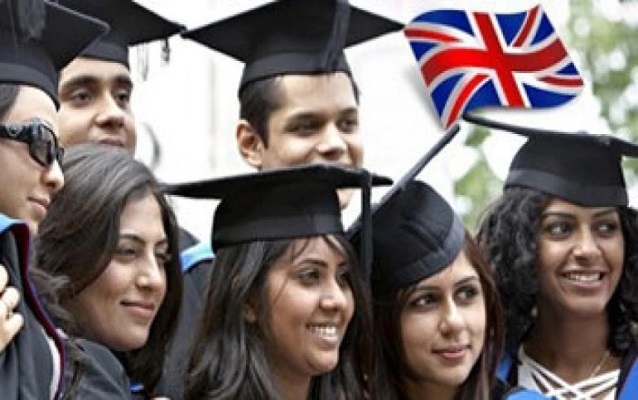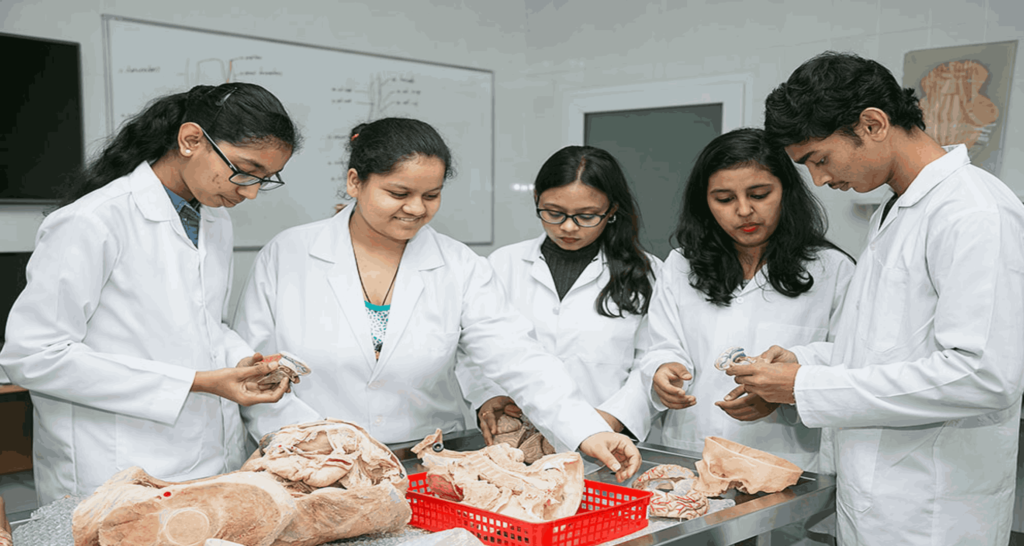
Admin
04 February 25 , 12:03 PM
Why Russia is good for MBBS Study
Here's a comprehensive guide to studying MBBS in Russia:
- Quality Education: Russian medical universities are recognized globally, offering high standards of education with a strong emphasis on practical training.
- Affordable Tuition Fees: Compared to countries like the USA, UK, and Australia, Russian universities offer low-cost, affordable tuition fees and living costs.
- English Medium: Many Russian universities offer MBBS programs in English, making it accessible for international students. Recognized Degrees: Degrees from Russian medical universities are recognized by major global bodies such as the World Health Organization (WHO) and are listed in the World Directory of Medical Schools (WDOMS).
- Cultural Diversity: Studying in Russia exposes students to a rich cultural experience and a diverse international community and high-quality education
- Academic Requirements: Completion of high school education with subjects including Biology, Chemistry, and Physics. A minimum percentage (varies by university) is usually required./li>
- Entrance Exam: Some universities may require passing an entrance examination & must attempt Neet exam
- Language Proficiency: For programs taught in English, proficiency in English is required.
- Duration: The MBBS program typically lasts 6 years.
- Curriculum: The first 3 years focus on theoretical subjects like Anatomy, Physiology, Biochemistry, and Pathology. The final 3 years emphasize clinical training, including rotations in hospitals.
- Tuition Fees: Varies by university but generally ranges from $3,000 to $8,000 per year (low-cost).
- Living Expenses: On average, living costs (accommodation, food, transportation) are around $150 to $300 per month.
- Accommodation: University dormitories or private housing.
- Climate: Russia experiences diverse climates; prepare for cold winters.
- Safety: Generally safe for international students, but it’s important to follow local guidelines and university advisories.
- Residency: Graduates can pursue residency in Russia or return to their home country.
- Licensing Exams: Graduates need to clear licensing exams (e.g., USMLE, PLAB, FMGE) to practice in countries like the USA, UK, or India.
- Career Prospects: Opportunities to work in hospitals, clinics, research institutions, or pursue further specialization.
- Studying MBBS in Russia offers a blend of quality education, affordability, and international exposure. It’s an excellent choice for students looking to pursue a medical career globally. Before applying, research thoroughly about universities, eligibility criteria, and the admission process to make an informed decision.
Tags:
Career, Scholarships, Jobs.




